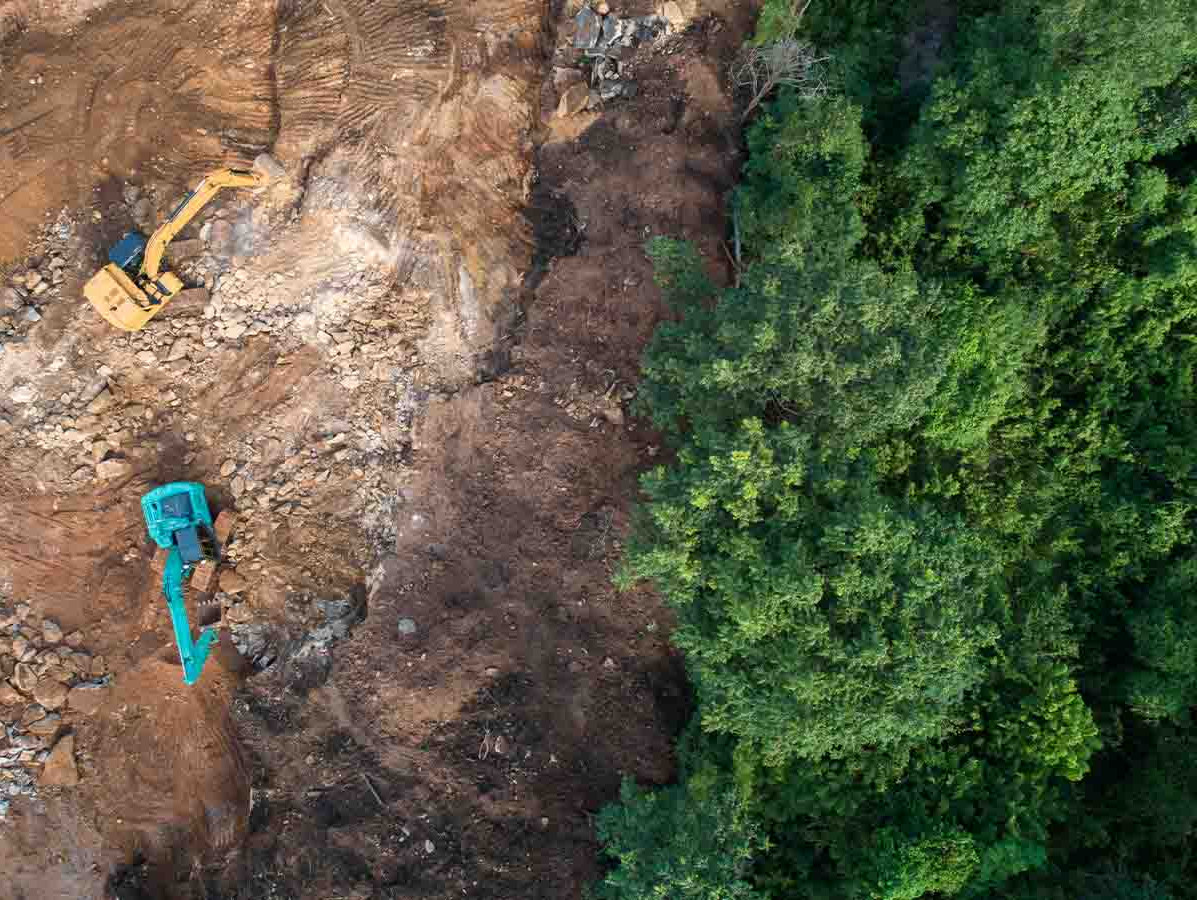
In a recent report from the CBS, it is revealed that the Netherlands is at the forefront as the EU's leading importer of products linked to deforestation. The Dutch food industry is the primary user. From soybeans to palm oil and cocoa, the list is extensive, and the impact is substantial. But what happens to all these imported goods, and which sectors are most reliant on them?
In 2022, the Netherlands surpassed all other EU countries in importing goods from non-EU nations associated with deforestation. Despite increased attention from the European Council in May, which established regulations to curb trade and consumption of deforestation products, demand remains high.
Notably, most of these products, after being imported into the Netherlands, end up elsewhere. The food industry is the market leader in this context. It consumes 41% of these goods, of which a significant portion, 79%, is re-exported after processing. Alongside the food industry, the paper, construction, and furniture industries also play vital roles, primarily focusing on wood.
Brazil is the leading non-EU supplier of these risk products, with goods valued at 3.2 billion euros in 2022, primarily consisting of soybeans and wood. Other crucial countries include the US (soybeans and wood), Ivory Coast (cocoa beans), and Asian nations like China (wood), Indonesia, and Malaysia (palm oil).
Within the EU, the Netherlands sources most of its wood and wood products from countries such as Germany, Belgium, and Sweden. Intriguingly, this wood import even surpasses the total value of all other products related to deforestation.
Source: CBS